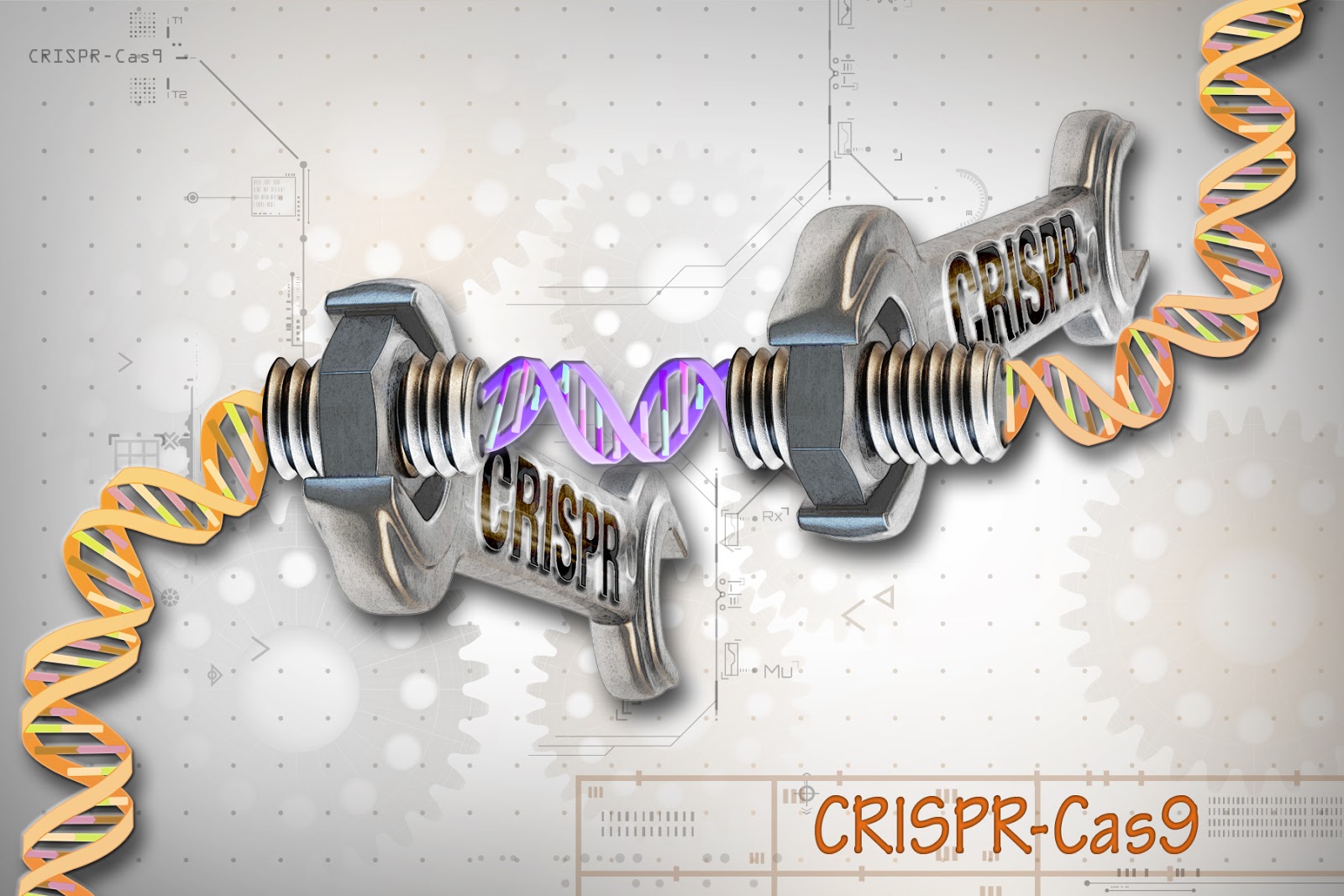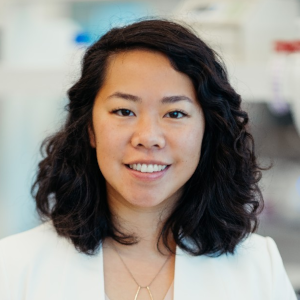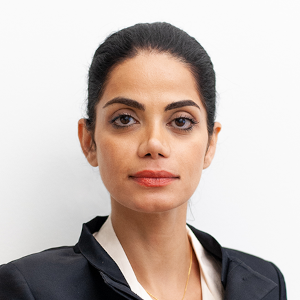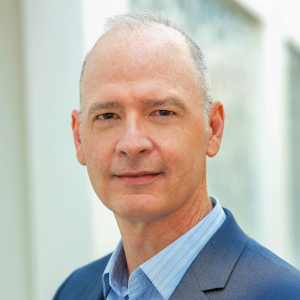The last 10 years have been a breakout decade for CRISPR across research and medicine, and the next decade holds the potential for CRISPR to cure the underlying cause of genetic disease. This session will discuss the latest breakthroughs in the field and address the challenges that need to be overcome to deliver on the promise of CRISPR.
Session Chair Profile
Biography
Janice Chen is co-founder/CTO of Mammoth Biosciences, a biotechnology company based in the San Francisco Area that harnesses the diversity of nature to power the next generation of CRISPR products across diagnostics and therapeutics. Through its discovery of novel CRISPR systems, the company enables the potential of its platform to read and write the code of life. Janice received her PhD from the lab of Nobel Laureate Jennifer Doudna at University of California, Berkeley. She investigated mechanisms of CRISPR proteins and developed technologies leading to multiple papers and patents, and co-invented the programmable CRISPR-based detection technology called DETECTR®. Janice was selected as a Forbes 30 Under 30 in Healthcare, Business Insider's 30 Under 40 in Healthcare, Endpoints Top 20 Women in Biopharma, MIT Technology Review 35 Innovators Under 35, EY Entrepreneur Of The Year, SF Business Times Most Influential Women, and delivered a TEDx talk on the potential for CRISPR to democratize diagnostics.
Speaker Profile
Biography
Dr. Aran’s current research focuses on creating novel electronic biosensors with true multiomic detection capabilities and applying them to solve real-world problems. She invented CRISPR-ChipTM, which utilizes CRISPR and biology-gated transistors to create the only technology that rapidly detects genes of interest without amplification. CRISPR-Chip™ was the cover of Nature Biomedical Engineering in 2019, featured in over 50 news outlets, and the most read paper that year. CRISPR-Chip™ has since been expanded to detect single-point mutations - published in Nature Biomedical Engineering in 2021. Through Cardea Bio, Dr. Aran’s inventions are being actively developed into commercial products to ensure a lasting impact beyond the academic world. Her research efforts have been recognized by Clinical OMICs 10 under 40 Award, Athena Pinnacle Award, and Nature Research Awards for Inspiring Women in Science. Dr. Aran is also the recipient of numerous grants to develop the next generation of electronic biosensors, including the NSF CAREER Award and multiple NIH RO1 and DARPA grants.
Clinical & Research Tools Showcase:
Cardea Bio
Being able to use Biology as Technology will result in a new generation of natural resources and advanced Powered by Cardea products that have until now been impossible.
All-electronic Infrastructure Leads Way to Real-time Multiomics
A critical challenge faced by systems biology is that multiomics is crippled by the current optical and static approaches all requiring numerous systems. Our all-electronic system unifies multiomics through direct and real-time capture of interactive streams of actionable multiomic data.
Speaker Profile
Biography
Mark McKee, M.D leads the medical sciences group within Clinical Development at Intellia therapeutics. In addition, he has served as the head of program teams for several of Intellia’s lead assets during his tenure at the company. Prior to joining Intellia, Mark was in the Oncology Clinical Development group at AbbVie and was a physician and researcher at the University of Chicago. He received his Bachelor of Science and Medical Degrees from Northwestern University and completed his clinical training at Harvard Beth Israel Deaconess medical Center and the National Institutes of Health.
Speaker Profile
Biography
Dr. Josh Lehrer is CEO of Graphite Bio, where he bridges his clinical background as a practicing physician with decades of experience at global biopharmaceutical companies leading businesses and high-functioning teams across all stages of drug development. Before joining Graphite Bio, he was CMO of Global Blood Therapeutics, served in leadership roles at Genentech in clinical development and business development, and held attending physician roles at Stanford University Medical Center and the Palo Alto Veteran’s Affairs Health System. Dr. Lehrer earned his Doctor of Medicine at the UCSF School of Medicine and completed his residency at UCSF in internal medicine. He holds an A.B. in Biochemical Sciences from Harvard University and a Master of Philosophy in Biological Sciences from the University of Cambridge. Dr. Lehrer served as a clinical and postdoctoral fellow in cardiovascular medicine at Stanford University and attended the Institute for Entrepreneurship at the Stanford Graduate School of Business.















